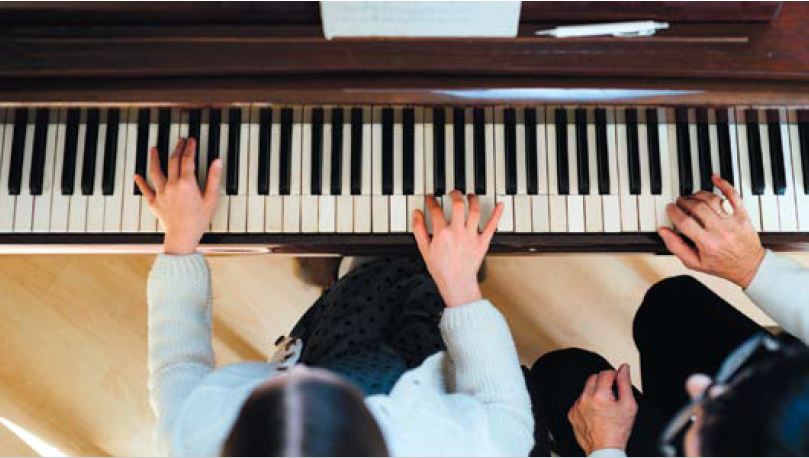Junior year for my firstborn is finally done.
Honestly, I think they should’ve given us parents a ceremony, something with certificates of completion and small speeches.
I realize that, in generations past, a boy of 16 would practically be an adult. Sixteen-year-olds of yore had to prove their manhood/womanhood in dramatic ways. They might’ve gone to war, wrestled a wolf, been married or even run a farm.
I cannot fathom my son doing any of those things.
Transition
Junior year for American high school teens today, however, presents its own sort of challenges leading up to adulthood. I think, in our day, it comes primarily in the form of social pressures.
Can you imagine your every move being recorded and evaluated by your peers? How would you respond? Would you live your life more guarded, poised for the next picture or “like?”
The pressure is also tied to their choices — athletics, extracurricular and academics. There’s a felt urgency to make class choices that result in positioning themselves to be competitive; then they’re tested for those choices with IB or AP — plus ACT and/or — SAT exams.
For many, junior year means driving. A junior might be responsible for his or her first vehicle, borrowed or gifted. This translates into being responsible for managing time and getting places.
And for some, this time of life may bring about a first dating relationship.
Trilogy
I titled this article The Beginning, because like a good trilogy, our son’s high school experience is running a somewhat predictable process to what we hope results in the positive end.
Freshman and sophomore year arrive as a bright, hopeful start (Book 1); junior year would be what Book 2 always is, a little dark and tiresome; and now we have Book 3, senior year — the finale.
The beginning of Book 3 causes us to look back at the hardship of our situation, when it feels like the odds were stacked against us; but — through the tiredness — we’ve come to see that light at the end of the tunnel, finally.
Junior year officially ended for my son when I received a text from him at 10:23 a.m. last June that read: “Junior year is done.”
He had completed his last final.
It wore him out — the work of that entire year. It overwhelmed him at times. Heck, it overwhelmed us as his parents.
I think if you were to ask him, in that moment, he would have said he intended to let the dust fall off his sandals and walk away, never looking back.
During the week that followed, he slept and did a lot of nothing. I let him be a full-on teenager and didn’t ask much of him beyond feeding the dogs.
He spent lots of time with his guitar or napping, moving from his bed to the couch, back to bed, and back to the couch again — with a trip to the refrigerator now and then.
Truth
After a few days of that, he checked his grades and the outcome of his finals in the grading system. Some things went well, others were disappointing. After getting upset about them, he was ready to process with us about his year.
He communicated about what he could’ve done better. Other choices he could’ve made. How he could have worked with a consistent pace instead of all go or stop. He was in a place of honesty with himself, and he let his dad and I talk to him about really knowing his strengths and weaknesses.
We talked to him about understanding both sides, that we all have them. And no one is perfect.
Normally, with the start of a new school year coming, I might encourage my kids to look ahead at their year, give them a special verse or saying to stand on.
But this year, on his own, my now High School Senior is beginning to do this himself.
I can see the light at the end of the tunnel. And the most reassuring part of that is, he can, too.
Jennifer lives in Excelsior with her husband, and daughter and son, ages 14 and 16.



















